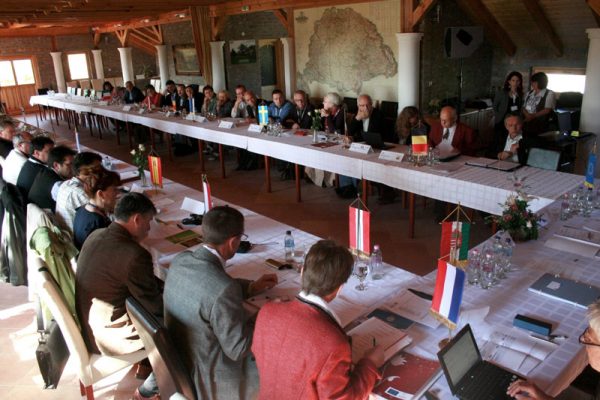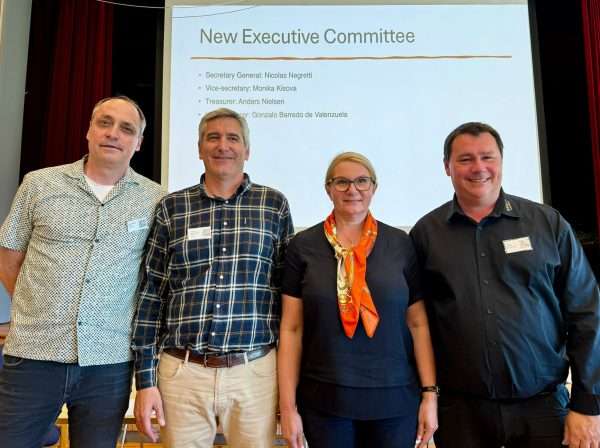About EUROPEA International
What We Do
“EUROPEA – l’Europe de l’Enseignement Agronomique”, is an association working for the development of vocational education and training (VET) in the green sector of Europe. This area covers a wide range of professions within agriculture, farming, horticulture, landscaping, forestry, equine studies and others – including all courses that are land-based and fit under the big umbrella of Green VET.
At present EUROPEA unites 24 national EUROPEA networks and represents several hundred Green VET Schools all over Europe.

What We Offer

A large professional network of European colleagues committed to international cooperation and sharing of knowledge
An effective framework for transnational collaboration in projects funded by the EU and other agencies
Advocacy vis-à-vis the EU institutions
Regular Activities
Two bi-annual meetings/seminars for the membership
The programme includes knowledge exchange on vital developments in the green sector, didactical and pedagogical issues. Often, interesting and challenging workshops and excursions are added.
Professional competitions for Green VET students
We organise EUROPEA Wine Championships, AgroChallenge, HortoChallenge, Youth Ploughing Contest and Marmalade Competition, EUROPEA Cattle Judgement
We help and prepare students to European Championships in Forestry Skills, SIA Paris Competition of Young Professionals in Cattle Judgement and Wine Tasting, World Skills, Euro Skills and other professional contests
A common virtual workspace
National and individual members of EUROPEA communicate via Microsoft Teams.
Relevant Document
- Charter
- Statutes
- National Coordinators of EUROPEA International
- About EUROPEA Editorial Group
- Editorial Group and Techical Advisors
- Recollections: EUROPEA-Historique (Georges Krack)
- Recollections: Europäische Projecte (Georges Krack)
- History of EUROPEA (Editorial Group)
- History 1: Strasbourg (Emilie Bertrand)
- History 2: Jan-Oct 1992 (Emile Bertrand)
- History 3: Green Pioneers (Emile Bertrand)
- History 4: Strasbourg (Emile Bertrand)
- History 5: Edinburgh-Tine_Zaragoza (Emile Bertrand)
The Legal Framework
EUROPEA activities are based on a set of legally approved Statutes and some Internal Regulations. The governing body is the annual General Assembly attended by a National Coordinator from each member country. EUROPEA is led by a six-month Presidency that follows the rotational schedule of the European Council.
An Executive Committee headed by a Secretary General manages day-to-day operations of the association. An Editorial Group is responsible for communication and marketing (the website and social media).

The History of EUROPEA
The end of the Cold War established a fertile ground for revitalization of European collaboration in agricultural and land-based education.
From the late 1980s, cooperation between green vocational schools produced a number of initiatives, one of which was “Carrefour de l’enseignement agricole” that united 7 agricultural colleges in 6 EU-countries. This movement can be considered the basis for our association. 1990-1992 saw the appearance of various international gatherings of agricultural students and teachers.
In January 1993 a set of statutes for “EUROPEA – l’Europe de l’Enseignement Agronomique” were agreed upon by 8 countries. One year later, the statutes were formally approved by the Belgian authorities and appeared for the first time in the official journal “Moniteur Belge”.
EUROPEA values our common history. Therefore, we encourage our members to share their knowledge of the past. Please, forward your recollections to our editors – and we will be happy to make it public.
Read more on the history of EUROPEA in the documents below (mobile phones) / in the menu on the right (computers and laptops).

























